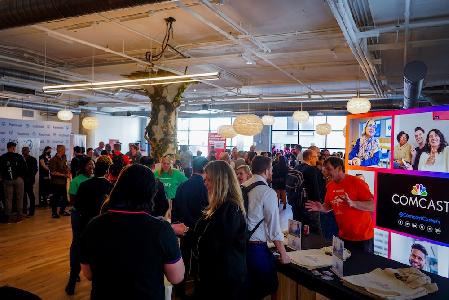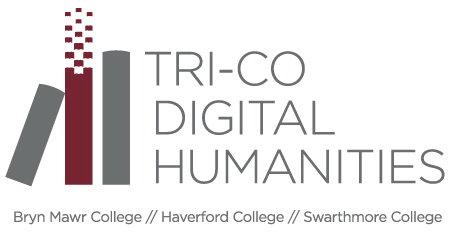A group of professors and students on the Main Line are rethinking how technology and digital media can be part of a liberal arts education.
Started in 2010 with a grant from the Andrew W. Mellon Foundation, the Tri-College Digital Humanities initiative is an effort to understand how liberal arts educations can adapt to new technology and how these degrees can prepare students for, as director Katherine Rowe puts it, “a networked world.” “Tri-College” refers to the partnership between three liberal arts schools outside of Philly: Haverford College, Bryn Mawr College and Swarthmore College.
Digital humanities is a national trend, with colleges and universities around the country adding new media components to classrooms, as the New York Times reported last year in an article focused on the Tri-Co program.
Students and faculty are conducting research over a period of about four years, Rowe says, which will result in a report with recommendations for how the schools’ curricula could shift to account for new technology. The team is trying to answer questions like: how can you use new digital tools to teach Shakespeare more effectively?
Rowe says part of why this work is so exciting is because much of the field is uncharted territory. Students can attempt to answer questions that no one else has studied before.
“They’re at the edge of the current practice,” she says. “They’re right at the boundary.”
This past summer, nine undergrads from the three schools worked on digital humanities projects. One student, a noted street art blogger, is looking into how new media affects the reach of street art. Another student explored the difference between hand-drawn and digitally drawn animation by creating a video that featured both types of animation. Watch it below.
Join the conversation!
Find news, events, jobs and people who share your interests on Technical.ly's open community Slack
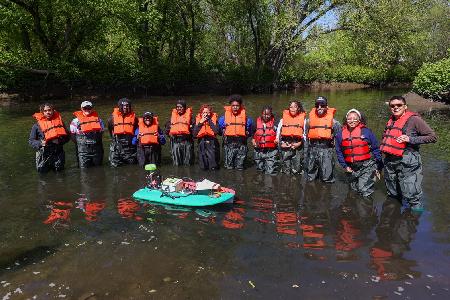
Philly daily roundup: Technical.ly's new editor; Meet Diversitech's founder; Flaws in planned TikTok ban
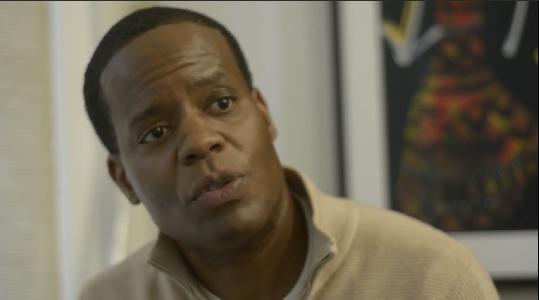
Edtech CEO looks back on the promises of summer 2020: 'It never rang true to me'
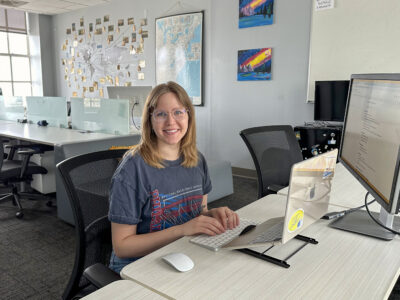
Technical.ly boosts editorial team with hire of experienced tech journalist
